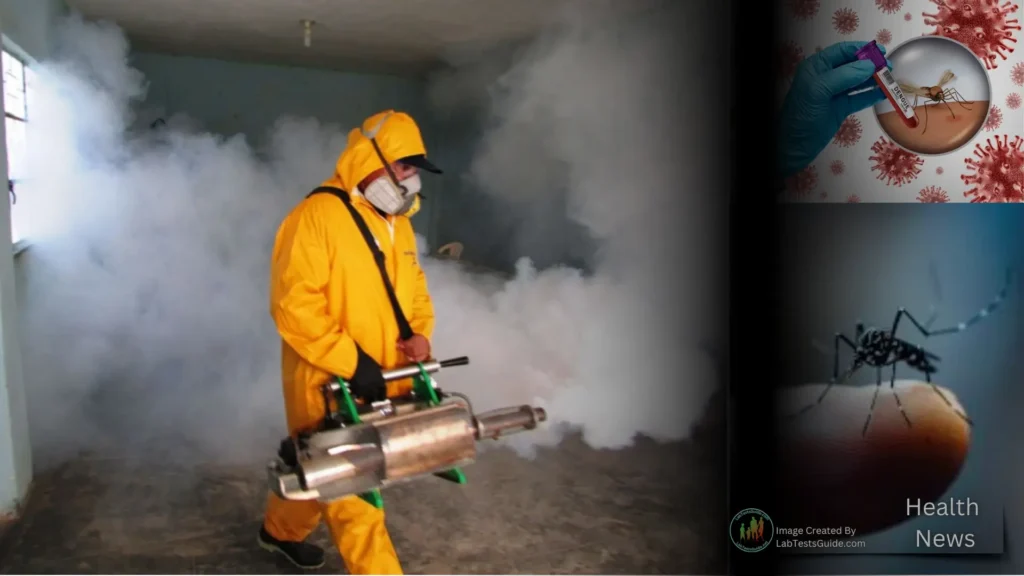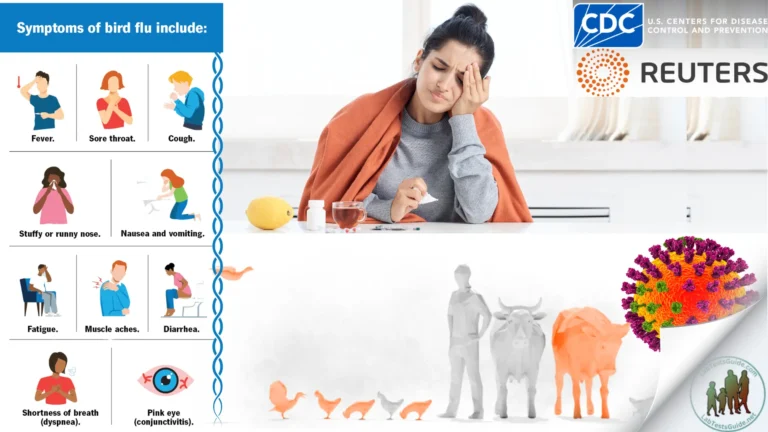Record Dengue Outbreak in Americas Claims Over 7,700 Lives, Linked to Climate Crisis
The Americas are experiencing an unprecedented dengue fever outbreak, with cases and deaths reaching record highs, according to the Pan American Health Organization (PAHO). Over 12.6 million cases and 7,700 deaths have been reported in 2024, making this the worst outbreak since record-keeping began in 1980. The rapid surge has been attributed to climate change and other contributing factors.

Widespread Impact Across the Region
The outbreak has hit Brazil, Argentina, Colombia, and Mexico the hardest, with these nations accounting for 90% of cases and 88% of deaths. Brazil alone reported over 10 million cases, while Mexico recorded more than half a million. The Caribbean is also heavily affected, with Guyana leading in cases, followed by French Guiana, the Dominican Republic, and Martinique. Local dengue transmission was even detected in the United States, including California, Florida, and Texas.
Children Disproportionately Affected
Children have been particularly vulnerable during this outbreak. In Guatemala, 70% of dengue-related deaths were among children, while in Mexico, Costa Rica, and Paraguay, under-15s made up over a third of severe cases. The situation has raised concerns about the higher risks faced by children and those with pre-existing health conditions.
Climate Crisis as a Driving Force
PAHO officials emphasized the role of climate change in the unprecedented outbreak. Warmer temperatures, frequent droughts, and flooding have created ideal conditions for Aedes aegypti mosquitoes, the primary carriers of dengue. Factors like unplanned urbanization, poor sanitation, and accumulated stagnant water have further exacerbated the situation.
“This is linked directly to climatic events,” PAHO Director Dr. Jarbas Barbosa stated. “A fast-growing population and insufficient urban planning have created more breeding grounds for mosquitoes.”
Preventative Measures and Challenges
Efforts to mitigate the outbreak include vaccination programs in countries like Brazil, Peru, and Argentina, with Honduras slated to introduce vaccines in 2025. However, vaccines remain limited in supply and are most effective in individuals who have already been infected once. Preventative measures, including controlling mosquito populations, remain critical.
PAHO has urged communities to eliminate mosquito breeding sites by managing waste and draining stagnant water. Personal precautions such as wearing protective clothing and using mosquito repellents are also recommended.
Global and Local Consequences
Dengue, which typically surges during the wet season, has become a year-round threat in many areas. In Puerto Rico, an epidemic was declared by March, with cases quadrupling compared to the previous year. As of December, over 4,900 cases and nine deaths were reported on the island, highlighting the far-reaching impact of the virus.
With climate change intensifying, experts warn that mosquito-borne diseases like dengue will continue to pose significant public health challenges. Dr. Barbosa stressed the importance of proactive measures, stating, “If there’s no mosquito, there’s no dengue.”
This record-breaking outbreak underscores the urgent need for coordinated action to address the combined threats of climate change and infectious diseases in vulnerable regions.
References
- Record outbreak of dengue fever in Central and South America – BBC – (Accessed on Dec 12, 2024)
- Record dengue outbreak in Americas kills 7,700 this year, PAHO says – Reuters – (Accessed on Dec 12, 2024)
- Dengue cases set a new record in the Americas this year as deaths also surge – AP – (Accessed on Dec 12, 2024)
- Dengue fever deaths surge in Caribbean and Americas due to climate crisis – The Guardian -(Accessed on Dec 12, 2024)
Possible References Used







